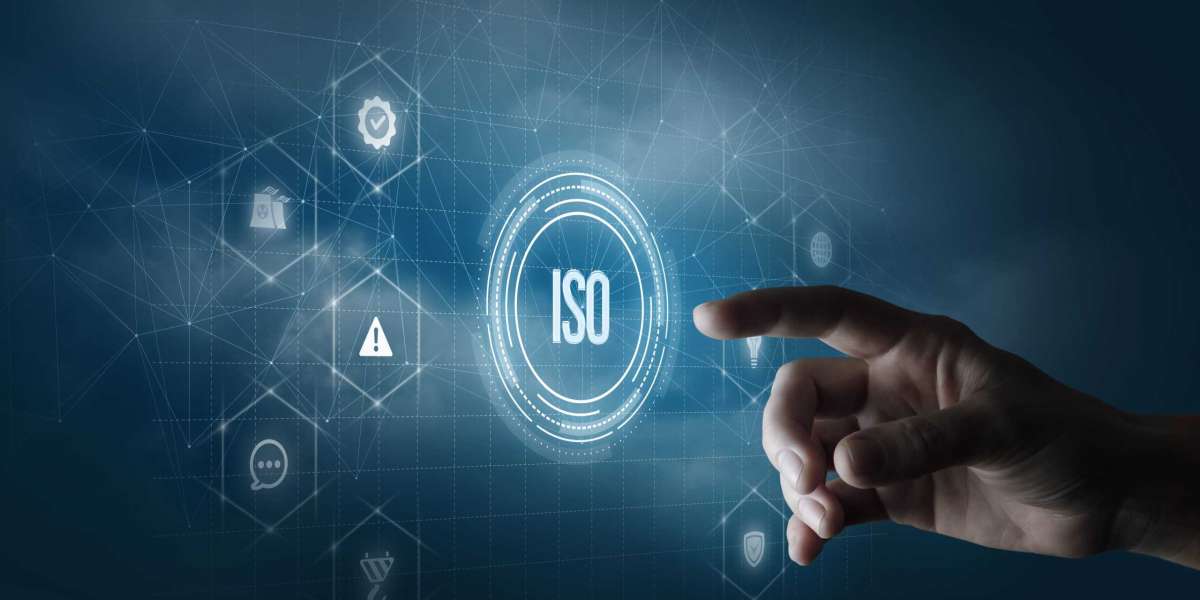I. Introduction to ISO 17025 Internal Auditor Training
A. What is ISO 17025?
ISO 17025 is an international standard that specifies the general requirements for the competence of testing and calibration laboratories. This standard ensures that laboratories deliver accurate, reliable results and operate competently. It is recognized worldwide and serves as the foundation for accreditation in laboratory environments.
The standard applies to all organizations that perform laboratory activities, regardless of the size or scope of their operations. It encompasses various technical and managerial requirements, ensuring consistent quality and technical reliability across all processes.
B. Role of an Internal Auditor in ISO 17025
Internal auditors are critical in maintaining compliance with ISO 17025. They assess the laboratory's processes, evaluate conformity with the standard, and ensure the implementation of corrective actions when non-conformities are identified. Their work fosters continual improvement, ensuring the laboratory's management system remains robust and aligned with international best practices.
An internal auditor's role extends beyond compliance. They act as a bridge between laboratory staff and management, helping identify operational gaps and opportunities for optimization. Their insights contribute to enhancing laboratory efficiency and reliability.
C. Importance of Internal Auditor Training
Training ensures auditors understand the technical and managerial aspects of ISO 17025, enabling them to perform effective audits. A well-trained internal auditor can identify risks, uncover inefficiencies, and recommend improvements that enhance the laboratory's performance.
Additionally, internal auditor training fosters a culture of quality and accountability, empowering teams to uphold ISO 17025 requirements consistently. It ensures that audits are not mere box-checking exercises but meaningful evaluations that drive excellence.
II. Key Components of ISO 17025 Internal Auditor Training
A. Overview of ISO 17025 Requirements
Internal auditor training programs typically begin with an in-depth understanding of ISO 17025 requirements. These include the technical competencies needed for laboratory processes, calibration, testing methods, and reporting results.
Training also covers managerial requirements like document control, resource management, risk-based thinking, and continual improvement. Understanding these aspects is essential for auditors to evaluate the laboratory's management system effectively.
B. Audit Principles and Techniques
Auditor training focuses on the principles and techniques of auditing. Participants learn about planning and conducting audits, identifying risks and non-conformities, and reporting audit findings. These skills are crucial for ensuring that audits are thorough and effective.
Training also includes exercises on interview techniques, observation skills, and evaluating evidence. Auditors are taught to approach audits objectively and systematically, ensuring impartiality and accuracy in their assessments.
C. Practical Training and Simulated Audits
Practical training is a key component of ISO 17025 internal auditor courses. Participants engage in simulated audits, where they apply their knowledge in real-world scenarios. These exercises help them gain confidence and refine their auditing skills.
Through role-playing and case studies, trainees learn to handle challenges like resistance from staff, limited access to records, and time constraints. This hands-on approach ensures they are well-prepared to perform audits effectively in their laboratories.
III. Benefits of ISO 17025 Internal Auditor Training
A. Improved Laboratory Performance
Internal auditor training equips laboratories with the tools to identify inefficiencies, reduce errors, and improve overall performance. Auditors play a key role in streamlining processes, ensuring that resources are used optimally and outputs meet quality standards.
Through their evaluations, auditors help laboratories uncover weaknesses in their systems. Their recommendations drive improvements, leading to more consistent, reliable results and increased customer satisfaction.
B. Enhanced Compliance and Accreditation Readiness
With a trained internal auditor, laboratories can ensure continuous compliance with ISO 17025 requirements. This readiness is particularly valuable during external audits and accreditation assessments, where adherence to the standard is evaluated rigorously.
Moreover, internal auditors help laboratories stay updated with changes to the ISO 17025 standard. Their expertise ensures that systems are aligned with the latest requirements, avoiding compliance issues.
C. Development of a Quality Culture
Internal auditor training fosters a culture of quality within the laboratory. By emphasizing accountability, transparency, and continual improvement, it encourages teams to take ownership of their processes and deliver better results.
This cultural shift benefits the laboratory as a whole. Employees become more aware of quality standards and their role in upholding them, leading to a more cohesive, motivated workforce.
IV. How to Choose the Right Internal Auditor Training
A. Accreditation of the Training Provider
When selecting an ISO 17025 internal auditor training program, it is essential to choose a provider accredited by a reputable body. Accreditation ensures the training meets international standards and is recognized by employers and industry stakeholders.
Look for training organizations with a track record of delivering high-quality courses. Testimonials and reviews can provide insights into the effectiveness of their programs and the satisfaction of past participants.
B. Curriculum and Delivery Method
The training curriculum should cover all aspects of ISO 17025, from technical and managerial requirements to audit principles and practical exercises. It should also include updates on the latest revisions to the standard, ensuring participants are equipped with current knowledge.
Consider the delivery method that best suits your needs. Many providers offer both in-person and online courses, with options for self-paced or instructor-led learning. Choose a format that aligns with your schedule and learning preferences.
C. Post-Training Support
Some training providers offer post-training support, such as access to resources, networking opportunities, and refresher courses. This support can be valuable for auditors as they apply their knowledge in real-world settings.
Additionally, check if the training program includes certification upon completion. A recognized certification can enhance the auditor's credentials and demonstrate their competence to employers.
V. Conclusion
A. Why ISO 17025 Internal Auditor Training Matters
ISO 17025 internal auditor training is crucial for laboratories striving to uphold high standards of quality and reliability. It equips auditors with the skills to evaluate processes, identify gaps, and recommend improvements, driving continual enhancement of the laboratory's performance.
B. Investing in a Better Future for Laboratories
By investing in internal auditor training, laboratories can ensure compliance with ISO 17025 and position themselves as leaders in their field. Training fosters a culture of quality and accountability, benefiting not only the laboratory but also its customers and stakeholders.
C. Call to Action
For laboratories seeking to enhance their operations and achieve ISO 17025 accreditation, internal auditor training is an invaluable step. Choose a reputable training provider, engage in hands-on learning, and empower your team to deliver excellence.







